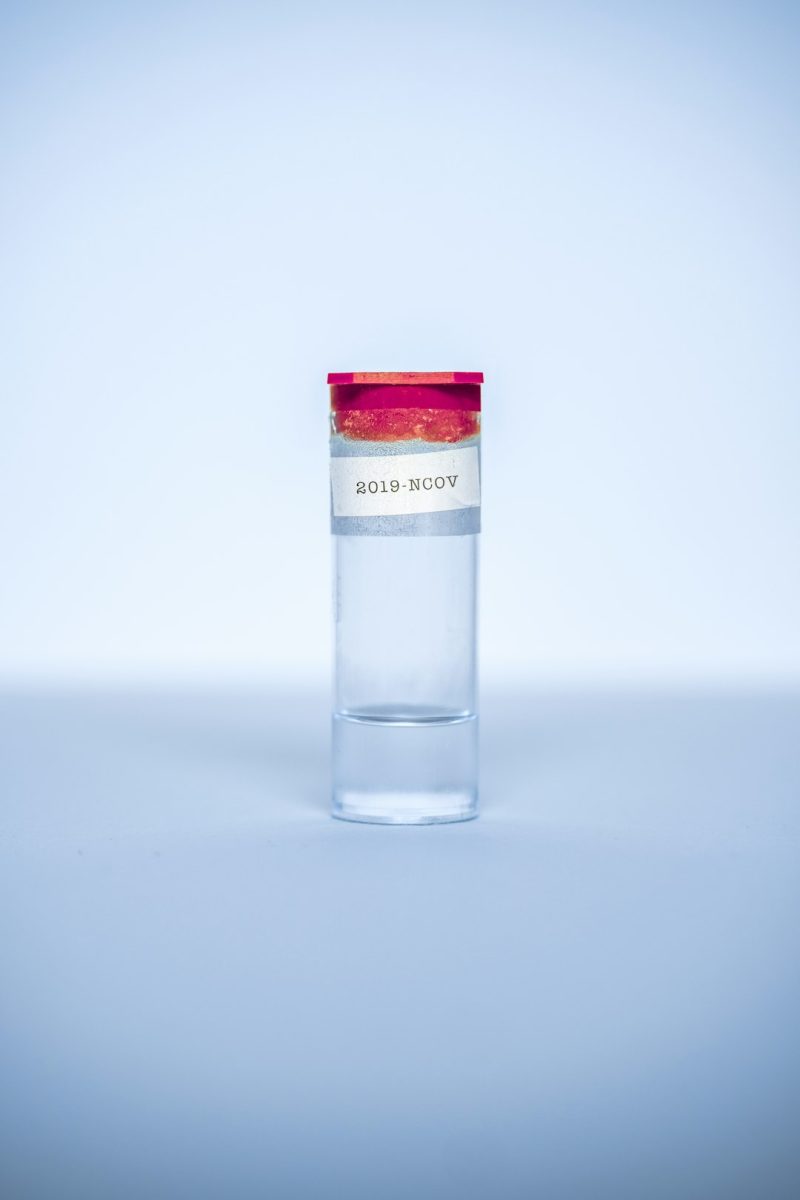
The World Health Organization (WHO), the leading global authority on public health, faced unprecedented scrutiny during the COVID-19 pandemic. While its role in coordinating international efforts was crucial, its response also sparked significant controversies that eroded public trust. This crisis of confidence wasn’t solely about missteps; it highlighted deeper systemic issues within the organization and the complexities of navigating a global health emergency.
One of the most prominent criticisms revolved around the WHO’s initial assessment of the virus’s transmissibility and severity. The early downplaying of human-to-human transmission, coupled with a delayed declaration of a Public Health Emergency of International Concern (PHEIC), allowed the virus to spread unchecked across the globe. This delay, critics argue, cost valuable time in implementing effective containment measures, leading to a far more devastating pandemic.
The WHO’s relationship with China, particularly its reliance on information provided by the Chinese government, also drew heavy criticism. Accusations of a lack of transparency and independent investigation into the virus’s origins fueled skepticism about the organization’s objectivity and ability to hold member states accountable. The perceived deference to China, a powerful member state, overshadowed the WHO’s efforts to provide impartial guidance and oversight.
Beyond the early stages, the WHO’s response also faced criticism regarding the efficacy and equitable distribution of vaccines. While the COVAX initiative aimed to ensure fair access to vaccines globally, its rollout faced significant logistical challenges and inequities. Wealthier nations secured the lion’s share of vaccine doses, leaving many lower-income countries struggling to protect their populations. This exposed deep-seated inequalities in global health infrastructure and highlighted the limitations of the WHO’s ability to enforce equitable distribution.
The pandemic revealed the inherent vulnerabilities of a global health system heavily reliant on international cooperation. While the WHO played a vital role in coordinating responses, its limitations in terms of enforcement power and its dependence on member states’ willingness to cooperate exposed critical gaps. The crisis of confidence wasn’t simply about specific failures but a reflection of the broader challenges in building a robust and resilient global health architecture. Rebuilding trust requires greater transparency, strengthened accountability mechanisms, and a commitment to addressing global health inequities – a monumental task requiring sustained efforts from all stakeholders. The future effectiveness of the WHO, and indeed the global response to future pandemics, hinges on addressing these fundamental issues.










